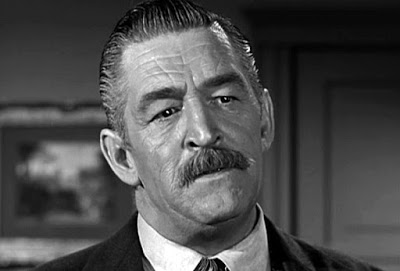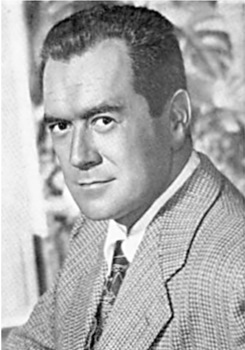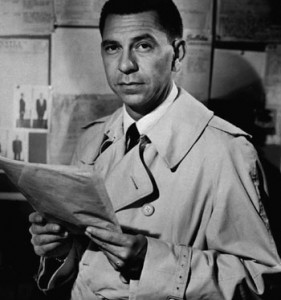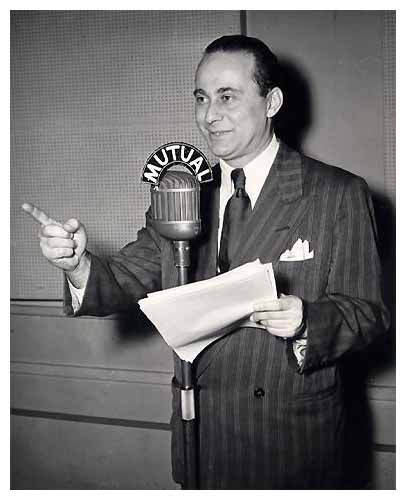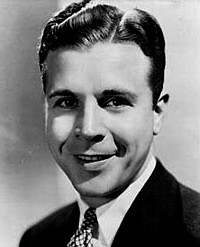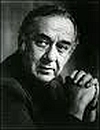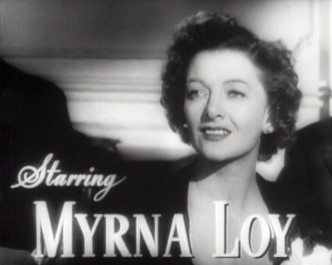There are many good pieces of detective fiction out there. You read the book, you watch the movie, and it’s a good time.
Then there are stories that are a cut above. You read the book, and you want to watch the adaptations or vice versa. The story’s so enchanting, the characters so compelling, the themes so powerful that you just can’t get enough of it.
One such story for me is, Agatha Christie’s Death on the Nile. I watched the two filmed adaptations, I listened to the audio drama by the BBC, and then I read the book.
Knowing the ending and who did it didn’t “spoil the novel,” it allowed me to read it in a different way. Rather than focusing on whodunit, I could look for the subtle hints in structure and plot that pointed to the murder, and enjoy the atmosphere and find the themes that really make the book special and why it’s a masterpiece by the mistress of the genre, Agatha Christie.
Fair warning. I will be discussing the ending, so if you don’t know how it ends, I would recommend not reading any further until you’ve experienced the story. If you don’t want to read the novel, I’d recommend checking out the BBC Radio 4 version for accuracy or for pure entertainment value, the 1978 film version with Peter Ustinov is a delight.
1) The Mystery is Brilliantly Conceived and Executed
A detective novel can be more than a good mystery, but it also has to be a good mystery to be a good novel. Otherwise, it’s a bait and switch.
Death on Nile is definitely a brilliantly plotted story. There are plenty of clues as well as red herrings. The actual solution is one that is easily missed because Poirot makes a statement that seems to rule out the actual solution. But both Poirot and the reader make a mistaken assumption of something we didn’t actually see.
The book can trick readers, but it still plays fair in doing so. The solution really only surprises the reader (and to a degree Poirot) because of an incorrect but understandable conclusion. It’s a wonderfully written chase.
2) Lynette Ridgeway Doyle is a complicated tragic character:
Every murder mystery requires a corpse. In some stories, that’s pretty much all the victim is. However, the main victim is Lynette Ridgeway Doyle –and later Doyle is far more than that.
One big advantage of reading the book over adaptations of it is that you get a better sense of who Lynette Ridgeway Doyle is. It’s easy to define her as simply being a rich woman who could have married any man she wanted but instead stole the fiancé of her good friend Jacqueline Belfour.
Yet, if you read the book, you get a sense that while this was something she did, it wasn’t the totality of who she was. She was diligent in business, and responsible in the way she took care of and tried to help those who were dependent on her. Her friend describes her as a “beneficent tyrant.” She was very much like the best of the gentry of a prior era..
However, she’s fundamentally destroyed by her own pride, even before she makes the decision to snatch Simon Doyle away from her poorer friend Jacqueline. She’s wooed by the Lord Windlesham who really was fond of her. However, she rejects his advances because they both have country places. His having been in the family for centuries and hers she built herself. She feared going from being Queen to being Queen consort. She never alleges Lord Windlesham doesn’t love her. Part of her attraction to Simon Doyle is not only his looks, but the fact he was poor and that she could dominate the relationship easily.
Her decisions to go specifically after her good friend’s beau despite knowing how little she had and how much he meant to her was her truly selfish moment. Poirot condemns it, drawing the parallel between her decision and that of King David’s decision to sleep with Bathsheba in the book of biblical book of 2nd Samuel and the parable the prophet Nathan spoke to David. Poirot refuses to work for her but he does try to stop what’s coming by approaching Jacqueline Belfour.
As the book’s events unfold, Lynette pays the price for her actions. Her ex-friend stalks her and her husband, reminding of her guilt, and on her final voyage she finds herself “surrounded by enemies” as she puts it. As we learn later, while her husband Simon pretends to adore her, it’s all a rouse. He resented her and only married her so he could murder her and take her money. In the end, she’s killed while she sleeps by the man who she thought loved her. At the end of her book, her murder is the talk of the town at the ship’s port of call, but then is subsumed in other news and gossip of the day as she’s quickly forgotten along with her wealth, charm, and beauty.
3) Poirot Tries to Use His Powers to Prevent a Murder
This book raises a fair question for Poirot. If your powers of deduction and observation are so great, why do you only use them to catch murderers rather than preventing murders? The nature of Poirot’s adventures is that he’s usually already present when the murder occurs. Aren’t there warning signs?
Yes, there are and Poirot spots them and tries to head off the murder before it happens. His plea to Jacqueline De Bellefort to turn back and not let evil enter her heart is truly a memorable moment where Poirot makes every effort to dissuade the young woman from the path he sees her on but to no avail.
The book shows that Poirot’s gift and experience may give him an inkling that something bad is going to happen, but it doesn’t make him psychic so he knows every detail of a person’s life and what’s already been planned. Nero Wolfe often said that there was no way he could prevent murder, and this book shows why he made that assertion. Poirot had no clue the degree to which the conspiracy had already been developed, nor how it would be carried out. He only saw the public face. He tried to intervene. He did all he could, but he wasn’t enough.
4. The Book Explores the Perils of Love
Romantic love is exalted throughout literature. It’s a virtue in and of itself. This make’s Hercule Poirot’s statement when he sees Simon and Jacqueline out before Simon goes over to Linnet and he observed that she cared too much for Simon and that it was “not safe.”
At first, this comes out in what appears to be her obsessive following of Simon and Linnet around during their honeymoon, but at the end of the story it’s revealed that when Linnet became interested in him, while Simon was irritated by her efforts, he thought of the idea of marrying Linnet, murdering her within the year, and then marrying Jacqueline and living off her money. Jacqueline goes along with the scheme because she knows Simon will get caught if he tries to attempt the murder on his own because he doesn’t have the brains for it.
This shows Jacqueline cared more for Simon than he did for her because he came up with and was prepared to pursue such an unnatural scheme. It also shows Simon wasn’t worth that level of devotion. I’m not sure whether Christie was going for this, but Simon becomes the male answer to the Femme Fatale: a good-looking guy who attracts the ladies and leads them to ruin.
It also shows the dangers of love when it overrides everything. When it’s freed from ethics, morals, and even self-respect, romantic love can become poisonous.
In Jacqueline’s case, she killed three people (including Simon to save him from facing prosecution in a third world country) before killing herself.
Christie tries to balance the scales in a very unusual way on the whole issue of love. The most bizarre part of Death on the Nile is that two couples get together and get engaged. The Karnak, a ship that has three murders occur on board, becomes a love boat.
The romances, while not particularly realistic, serve as a counterbalance to the unhealthy main relationships as they have a redemptive quality to them. Tim Allerton forsakes his thieving ways to marry Rosalie, whose alcoholic mother was the victim of one of the murders. The other romance is surprising. Ferguson has been trying to court Cornelia Robson, an honest and straightforward woman, in the most obnoxious way possible. He’s a self-styled communist and social radical, which her wealthy cousin whom she’s travelling with would not approve of. Poirot discovers that Ferguson is actually a wealthy aristocrat who her cousin would approve of. With Ferguson’s true identity revealed, Cornelia agrees to marry Dr. Besner instead because she likes him and finds his profession interesting. It’s such a wonderful twist that Cornelia remains true to her character as an honest and forthright person who pursues what she wants rather than falling for the wealthy guy who she thought was a low-born vulgar man just because he turned out to be a wealthy vulgar man.
Sadly, the screen adaptations have messed with these romances, including eliminating Cornelia’s character entirely from the 1978 film.
Overall, Death on the Nile can be enjoyed as just as the great mystery novel it is, but there are also some great depths to the story for those who want to find them.
This post contains affiliate links, which means that items purchased from these links may result in a commission being paid to the author of this post at no extra cost to the purchaser.
If you enjoyed this post, you can have new posts about Detective stories and the golden age of radio and television delivered automatically to your kindle.
